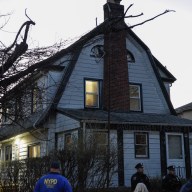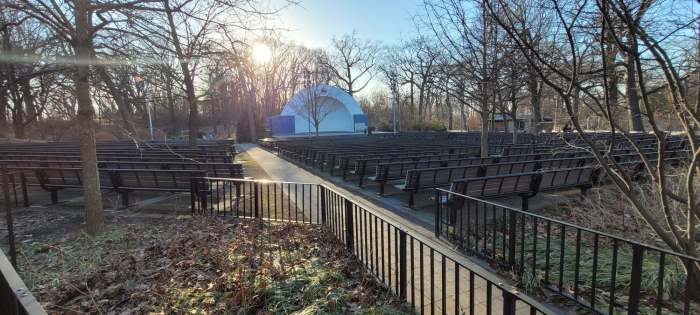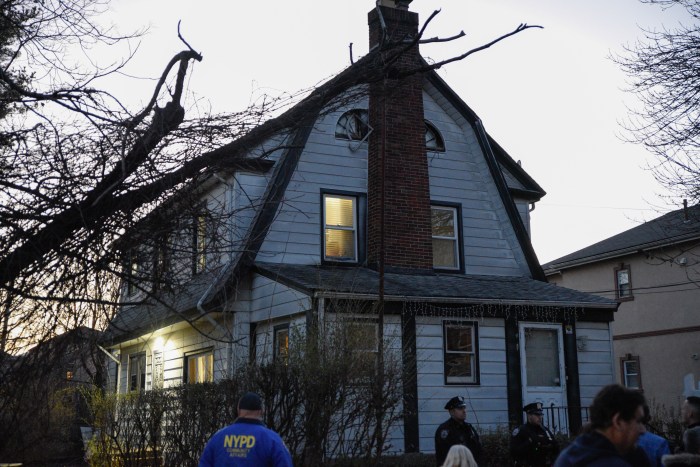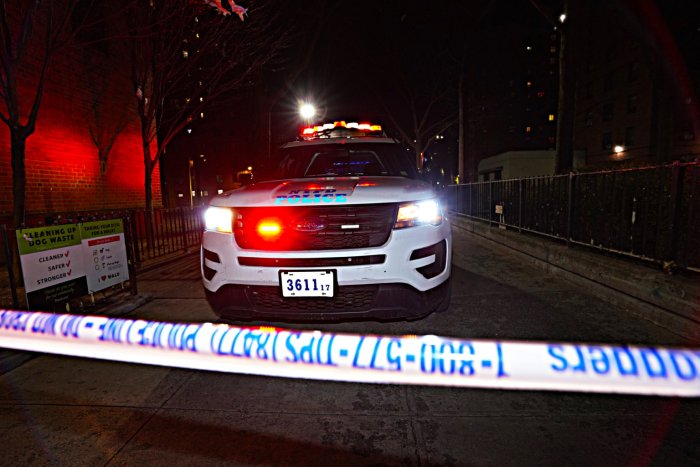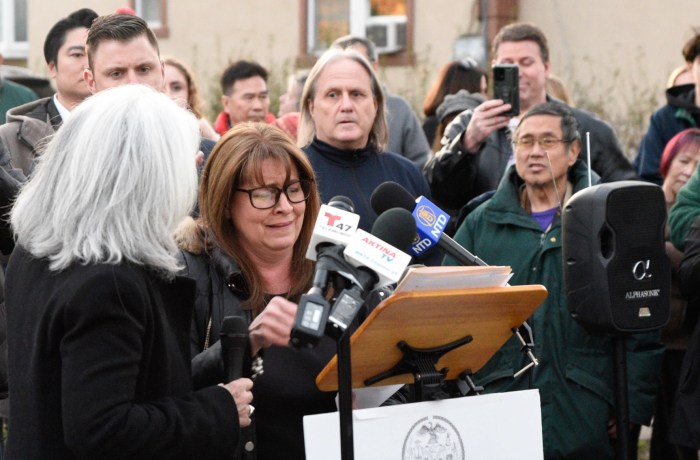By Kelsey Durham
Gov. Andrew Cuomo last week signed into law a bill that would allow high school students to participate in city community boards, but not everyone is celebrating the change.
The legislation, co-authored by state Assemblywoman Nily Rozic (D-Flushing) and state Sen. Andrew Lanza (R-Staten Island), lowers the minimum age required to serve on one of the city’s 59 community boards from 18 to 16. It will allow for up to two new slots to be designated for 16- and 17-year-old members.
The bill was designed to get young adults interested in helping their communities and to give younger crowds an opportunity to voice any problems within their neighborhoods they wish to see addressed by local government, but one Queens community board fears the change will bring complications.
Christine Haider, chairwoman of Community Board 11 in northeast Queens, said the group is not entirely in support of having young adults on the board.
“The feeling is that 16- and 17-year-olds don’t have the maturity,” Haider said. “They have a responsibility to get the best education they can to further their goals in life. They will go on to college, most of them go out-of-state, and then there will be a break in their service. It is important to have continuity for service on the board.”
But Rozic said the bill does not require that boards have teenage members. Instead she said it is up to the discretion of the borough president and the Council members in the region.
“There’s flexibility in the law, so if you don’t think this is the right fit for you, that’s okay,” she said.
Rozic said the bill was first introduced in 2008, but the City Council did not pass a resolution in support of the law until this year. She said the change will give teenagers a chance to get excited about being involved in local government.
“This new law will empower our youth and give them the chance to offer their perspective on a variety of issues in their communities,” Rozic said. “By lowering the age of eligibility, we are opening up the potential to transform community boards, reach out to our young people in a positive way and involve them in the democratic process as soon as possible.”
Community boards are often known as the first line of defense residents can go to with problems in their neighborhoods, particularly involving zoning or quality-of-life issues. Half of the members are nominated by the Council members who represent the area, while the remaining members are appointed by the borough president.
The new law will allow 16- and 17-year-old participants to be evaluated the same way adults are chosen to serve on the board.
City Comptroller Scott Stringer, who was allowed to serve on a community board himself as a 16-year-old, called the law an “exciting initiative” and praised Rozic, Lanza and their colleagues involved in helping to get the bill signed by Cuomo.
“The unique opportunity I was given as a teenager to join my local community board was a formative experience, helping to shape my view of community planning and my life in government,” Stringer said.
With Cuomo’s signature added to the bill, the law will go into effect immediately.
“Having served on my local community board, I know firsthand that this opportunity will not only benefit the futures of those appointed, but it will also begin a new dialogue between all members about how our communities could be better served,” Rozic said.
Reach reporter Kelsey Durham at 718-260-4573 or by e-mail at kdurham@cnglocal.com.









